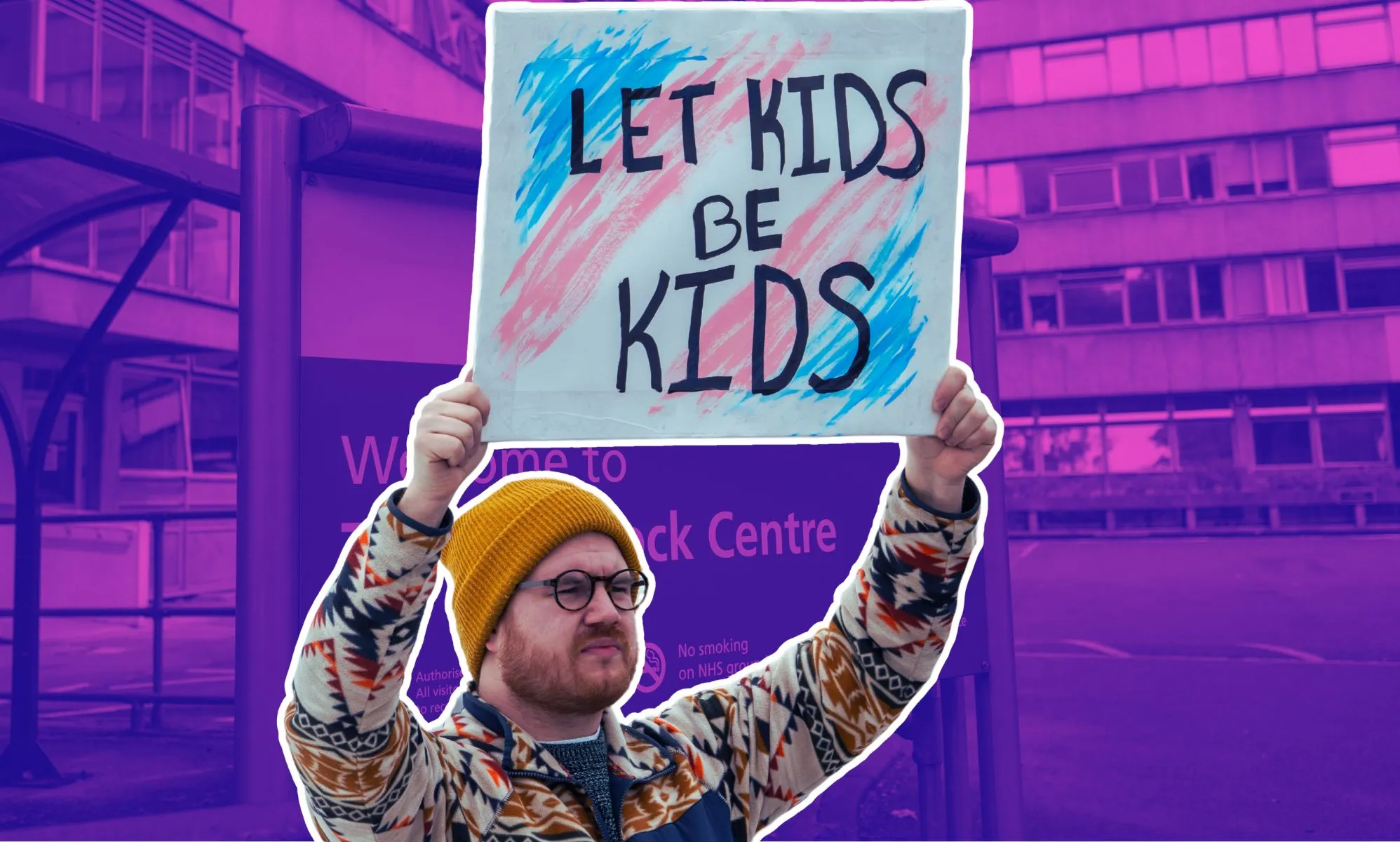Five key takeaways, concerns and questions from the Cass report
Sign up for more LGBTQ+ news and updates at TrueQueer.
After four years of waiting, the Cass report into the model of care for trans youth in England has been published in full. The report, published on Wednesday morning (10 April), has made upwards of 32 recommendations to restructure the way in which trans youth receive care.
NHS England commissioned paediatrician expert Dr Hilary Cass to head the report in 2020 in response to the sharp rise in referrals to what was then England’s only youth gender clinic in Tavistock. The fully published report builds upon the guidance from an interim report in 2022 that recommended that the Tavistock clinic be closed in favor of regional hubs across England.
New recommendations include a “holistic approach” to treatment, while emphasizing “extreme caution” in prescribing puberty blockers to under-18s. Many of the Cass report’s findings and subsequent recommendations have been subject to criticism from experts and families with trans kids, with some questioning whether the evidence behind the report is robust enough.
Here are five key considerations, concerns, and takeaways from the Cass report.
What are the proposed changes to trans youth healthcare?
As part of its primary goal, the Cass report has made several recommendations about restructuring the model in which trans youth clinics provide care. Building on from the recommendations made in its interim report in 2022 on creating regional hubs in England – which NHS England has already actioned – other systemic changes include the separation of pathways between pre-pubescent children and teenagers.
These pathways include avenues for young children and their families, which the report says will focus on “how parents can best support their child in a balanced and non-judgmental way.” A follow-through service for 17-25 year olds who will transition to one of England’s adult Gender Identity Clinics (GICs) is also recommended. This recommendation has received a mixed response from experts, who say that the idea has “merit” but could potentially further restrict hormones for adults.
Dr Aiden Kelly, a clinical psychologist and director of the independent service Gender Plus, said that the restructure, if done correctly, could help address a large number of referrals that contribute to years-long wait times, which he said “come between the ages of 15-25 years.”
“The existing NHS model essentially results in trans youth aging out of children’s service and into adult service often before they even have their first appointment,” Kelly said.
The report also recommends that patients would also have to undergo a “holistic assessment” for “neurodevelopmental conditions” such as autism or ADHD.
Concerns raised over hormone access for adults under 25
Concerns over access to gender-affirming care for under-25s have been a major talking point since the report was released. Experts, activists, and families of trans youth have expressed concern over the report’s 23rd recommendation to establish a “follow-through service” for 17-25 year olds.
The recommendation states that each regional hub should establish a service for those transitioning to an adult GIC either by “extending the range of the regional children and young people’s service or through linked services.” While the possible impact remains unclear, this could mean that adults under 25 could be subject to the precautions and restrictions around child and adolescent care, despite being over the age of 18.
Cass wrote that, while hormones should be available for those aged 16 and above, they should only be prescribed if a clinician has a “clear clinical rationale” for the decision. This has concerned experts and activists, many of who argue that 25 is too high an age to be restricting hormone access.
In a statement to PinkNews, Stonewall’s director of campaigns and human rights, Robbie de Santos, urged “due care” to avoid the creation of more unnecessary barriers for trans people.
“Without due care, training or further capacity in the system, other [recommendations] could lead to new barriers that prevent children and young people from accessing the care they need and deserve,” he said.
Existing research into clinical guidance deemed ‘poor quality’ by Cass report
Part of the key findings of the Cass report asserts that a “considerable” amount of existing research into clinical guidance for the treatment of trans people is of “poor quality” and “not a reliable evidence base.” Included in the report is a section on the World Professional Association for Transgender Health (WPATH) – an internationally recognized organization devoted to supporting trans people – which it claims lacks “developmental rigor.”
In an opinion piece on the Cass report, Dr Natacha Kennedy, co-chair of the Feminist Gender Equality criticizes the report’s approach to analyzing research and challenges the claim in the report that “social transition in childhood may change the trajectory of gender identity development for children with early gender incongruence.”
Kennedy writes that there is “no evidence that prohibiting social transition will help trans children” and “plenty of evidence that it
Follow us on: Facebook for more LGBTQ+ news and updates at TrueQueer.
trans youth
![]()

